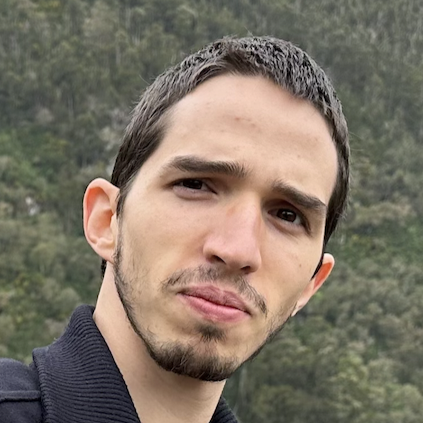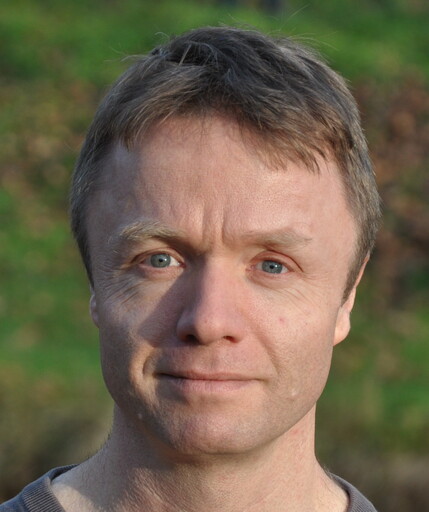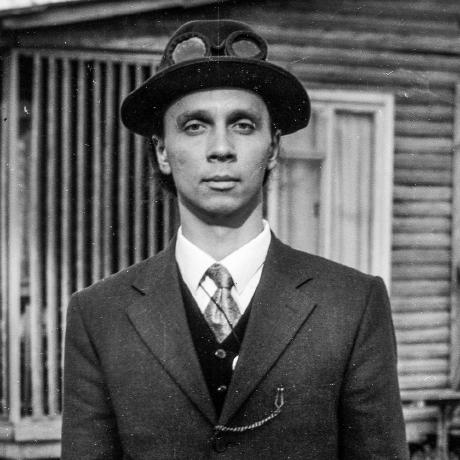

Join us at MuniHac, Munich's yearly Haskell gathering! For three days, Haskell folks from all over meet up to code, learn, and hang out. New to Haskell or been at it for years? Doesn't matter - we've got workshops, talks, and projects for everyone. It's a great chance to learn and meet the enthusiastic Haskell community!
The MuniHac is organized by TNG Technology Consulting GmbH and will be hosted at the TNG offices in Munich (Beta-Straße 13, 85774 Unterföhring).
Registration Desk:
| Friday, Sep. 12th 2025 | ||
|---|---|---|
| Time (CEST) | Hackathon | Talks & Workshops |
| 8:30 | Doors open & Registration | |
| 9:00 | Opening | |
| 9:15 | Project Marketplace | |
| 09:30 | Hack on | Beginners Workshop |
| 11:30 | Keynote: Rodrigo Mesquita: A modern step-through debugger for Haskell | |
| 12:30 | Lunch | |
| 13:30 | Hack on | Beginners Workshop (continued) |
| 17:30 | Official end | |
| Saturday, Sep. 13th 2025 | ||
|---|---|---|
| Time (CEST) | Hackathon | Talks & Workshops |
| 9:00 | Doors open | |
| 9:30 | Hack on | (Talk) Gaël Deest: Hindsight: Type-safe, Evolvable Event-Sourcing |
| 10:30 | Hack on | |
| 11:30 | Keynote: Andrew Lelechenko: Linear Haskell for string builders | |
| 12:30 | Lunch | |
| 13:30 | Hack on | |
| 14:30 | Hack on | (Talk) Steven Shuck: pcre2 |
| 15:30 | Hack on | |
| 17:30 | Official end | |
| Sunday, Sep. 14th 2025 | ||
|---|---|---|
| Time (CEST) | Hackathon | Talks & Workshops |
| 9:00 | Doors open | |
| 09:30 | Hack on | (Talk) Joe Warren: How I use Haskell for 3D Printing |
| 10:00 | Bavarian Breakfast | |
| 10:30 | Bavarian Breakfast | |
| 12:00 | Keynote: Mike Sperber: Six Years of FUNAR – Teaching Software Architecture and Haskell to the Uninitiated | |
| 13:00 | Hack on | |
| 14:30 | Project presentations | |
| 17:00 | Doors close | |

The next step forward in best-in-class tooling for Haskell is a modern step-through debugger. The promise is clear, be it for beginners interactively exploring the execution of a Haskell program, or experts grappling with a challenging bug in a multi-million LOC codebase.
We will introduce modern debugging in Haskell by example and highlight the features and robustness of the tool on various projects. We aim to convince users that the debugger is effortless to reach for and will become an essential of the future Haskell developer toolbox.

Since 2019, the International Software Architecture Qualification board has featured a three-day curriculum for Functional Software Architecture ("FUNAR") as part of its Advanced Level certification. We have taught more than 30 trainings based on this curriculum, mostly to audiences with little or no prior exposure to functional programming. In the training, we work through examples written in Haskell, among them a complete web application. The short duration of the course (which is usually preceded by a one-day introduction to functional programming) puts significant constraints on how much and what it can cover, but also poses didactic challenges as all material must be explainable and carry over to other functional languages. Over the past six years, we have continually assessed the effectiveness of the course and made many iterative improvements. We'll report on our experience and draw some inferences not just about teaching but also about viable software architecture in Haskell and what its advantages and differences are with traditional software architecture.

We discuss history and evolution of string builders in Haskell, how linear types help us to tackle shared mutable state, what lessons can be learned from Java and how reading decade-old code can speed up things tenfold.
Hindsight is a typesafe, battery-included event-sourcing library for Haskell that makes event-sourced applications easy to write without sacrificing type-safety or performance.
It currently offers three event store backends (in-memory, filesystem, PostgreSQL) with a clean, unified API. The type system ensures you always work with the latest event versions, automatically upcasts old events through migrations, and helps generate golden tests to prevent breaking changes.
Features include real-time subscriptions (transient and catchup), asynchronous SQL projections for all stores, synchronous projections for PostgreSQL, and multi-stream transactions with version expectations à la EventStoreDB/KurrentDB.
Hindsight is extensively tested for correctness and is benchmarked to maintain competitive performance under realistic business loads.
"Programmable CAD" is a category of software where objects are defined using code. This talk covers how I’ve used programable CAD to design parts for 3D printing, why I think Functional Languages are uniquely suited for programable CAD, why I decided to write a programable CAD framework, and how the Scala Logo lead me to decorate a Christmas tree.
Haskellers often prefer parser combinators to regular expressions due to the former's ability to emit strongly-typed data, but regexes can be pretty cool too. https://flora.pm/packages/@hackage/pcre2 is an FFI binding to the PCRE2 C library along with a high-level user library. It addresses some shortcomings to the regex-base interface and presents additional features including compile-time checking of capture group indexes, van Laarhoven Traversals, and running Haskell callbacks during matching. We will tour the library with a demo and discuss some aspects of implementation.
Want to keep in touch and receive updates about MuniHac? We have an account , a mailing list, and a Slack workspace.
You can reach us via email: munihac@tngtech.com.
Each participant will retain ownership of any and all intellectual and industrial property rights to his or her work created or used during the Hackathon.